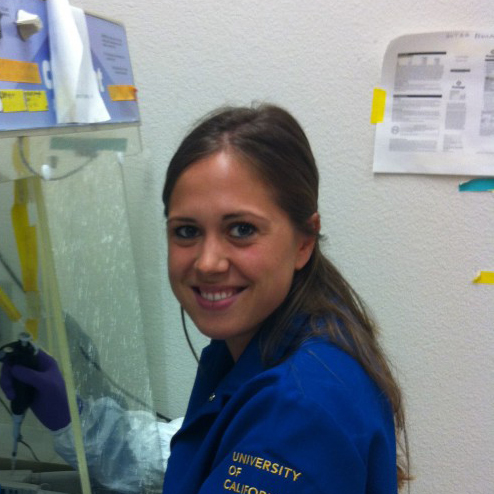
WELCOME
VESYNECH is an international project funded by the Individual Marie Skłodowska-Curie Fellowship (RI) with the aim of gaining a comprehensive understanding of the role of marine microbial vesicles of the cyanobacterium Synechococcus and its implications in the microbial diversity in the ocean.
But what are marine cyanobacteria? And what are vesicles?
Marine cyanobacteria are bacteria, invisible to the human eye, that photosynthesize in our oceans. They are the lungs of the ocean being part of the phytoplankton. In fact, 50% of the oxygen we breathe is produced by marine cyanobacteria during the photosynthesis process. Furthermore, phytoplankton is very important because it contributes most of the organic matter to the rest of the marine food chain.
Cyanobacteria produce and continuously release vesicles, small compartments, that contain carbon and other nutrients that can serve as food for different marine organisms. The vesicles also contain DNA, which could be used for gene transfer within bacterial communities. Although the vesicles of bacteria related to human health have been studied, it was not until 2014 that Prof. Steve Biller and its collaborators discovered them for first time in the ocean. There are many possible functions of these abundant vesicles in the sea, but to date the critical roles of these marine vesicles is unknown.
The VESYNECH project aims to identify and characterize the different vesicles secreted by Synechococcus and to study their possible functions.

The objective of this blog is to achieve a better understanding of the ocean and, in particular, of a new communication system between bacteria. The general public must become aware of the consequences of climate change through understanding the role of organisms that live on Earth. Furthermore, marine microbial microorganisms are small and, in most cases, invisible to the human eye. In this blog I will try to show what this microbial world is like.
ABOUT ME
Degree in Biochemistry (2003-2008) at the University of Córdoba, Spain. I began my scientific career in 2004 as an undergraduate student at the Department of Biochemistry and Molecular Biology in the Faculty of Veterinary Medicine of the University of Córdoba. I did a Ph.D. with International Mention in the same Department (2009-2013). During my Ph.D. I made several stays: one at the National Oceanography Centre in Southampton (United Kingdom) under the supervision of Prof. MV Zubkov for three months with the objective to study new techniques related to the Oceanography; an oceanographic cruise for two months in the Atlantic Ocean and finally 11 months at the Institute of Plant Biochemistry and Photosynthesis in Seville (IBVF) with the Dr. I. Luque. Thanks to these collaborations, I published the article “Prochlorococcus can use the Pro1404 transporter to take up glucose at nanomolar concentrations in the Atlantic Ocean” in one of the most prestigious international journals, Proceedings of the National Academy of Sciences of the USA (PNAS), in 2013.
This article received an F1000 Prime Recommendation, and moreover, I got the research prize “Jacobo Cárdenas Torres 2014-2015” at the University of Córdoba. One month after I defended my Ph.D., I got the Individual Marie Curie International Outgoing Fellowship (IOF) to start a postdoc in Marine Microbiology at the University of Santa Cruz (California), under the supervision of Prof. J. Zehr, for two and a half years. During this period, I made several stays in other institutions in United States and I published four articles categorized in the first quartile and one in the first decile. Moreover, one of them as a corresponding author. The Marie Curie Fellowship gave me the opportunity to come back to the University of Córdoba for one year more to the Department of Biochemistry and Molecular Biology under the supervision of Jose Manuel García-Fernández. One year later, I got another Individual Marie Curie Fellowship (RI), opening a novel research line on marine vesicles in Synechococcus. These European projects helped me gaining experience in the leadership and management of projects. I also promoted new international collaborations with Dr. S. Biller and Prof. S.W. Chisholm (Massachusetts Institute of Technology), where I was working for 1.5 months learning experimental approaches to study marine vesicles.
Furthermore, I have mentored final projects of Master and Degree students since 2012 and reviewed an International PhD. From 2009 I am also carrying out outreach activities, organizing and attending to national and international conferences. Since 2017, I participate in the Multilingualism Plan in the University of Córdoba, teaching Biochemistry in English in the degrees of Veterinary Medicine and Food Science and Technology and attending innovative teacher training.



